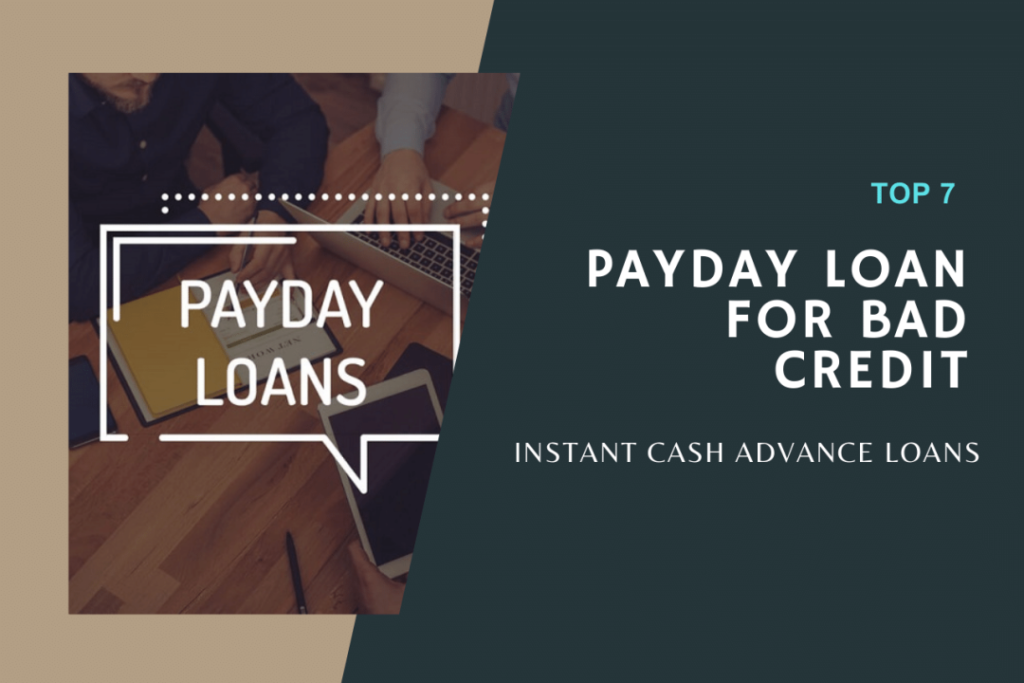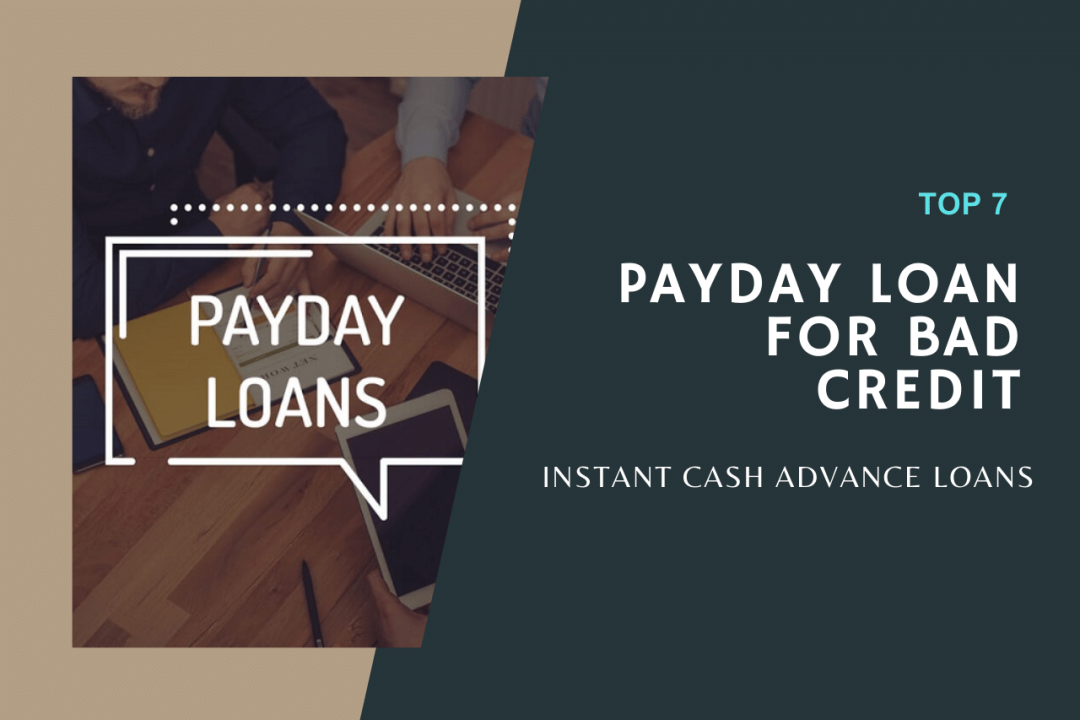Accessing Loans Despite Bad Credit: Options, Costs, and Tips
Having poor credit can make getting approved for financing more challenging. But the good news is there are still bad credit lenders that can provide access to the funds you need, even if you have a low credit score or past issues on your credit report.
In this comprehensive guide, I’ll cover the key options available for bad credit borrowers, typical costs and terms to expect, and tips for securing a loan that best fits your situation.

Also See:
Guaranteed loan approval South Africa
List Of payday loans for low credit scores South Africa
List Of personal loans for low credit scores in South Africa
List Of best bad credit payday loans guaranteed approval
What’s Considered Bad Credit?
Your personal credit scores play a major role in determining your eligibility for loans and the terms you’ll be offered. The most commonly used scoring models are FICO® Scores and VantageScores.
Here is how they categorize different credit score ranges:
FICO® Score Ranges:
- 800-850: Exceptional
- 740-799: Very Good
- 670-739: Good
- 580-669: Fair
- 300-579: Poor
VantageScore Ranges:
- 781-850: Excellent
- 681-780: Good
- 601-680: Fair
- 501-600: Poor
- 300-500: Very Poor
For FICO® scores, 580 to 669 is generally considered fair or below-average credit, while 300 to 579 indicates poor credit. With VantageScores, 601 to 680 is fair and 501 to 600 is poor.
Most lenders classify credit scores under 600 or 650 as bad credit. The minimum credit scores required for their bad credit loan programs are often around 580 to 600. Falling below those thresholds will limit options but doesn’t necessarily mean you can’t qualify with some lenders.
Types of Bad Credit Loans
While your choices are more limited than with good credit, there are a variety of loans available even if you have poor credit. Here are some of the most common bad credit lending options:
Installment Loans
Installment loans provide an upfront lump sum of cash, which you repay in fixed monthly installments over a set repayment term. They allow you to borrow up to $50,000 in some cases and often fund within just 1-3 business days.
Installment loans are offered by online lenders, banks, credit unions, and storefront finance companies. They’re one of the more accessible options for bad credit borrowers needing bigger loan amounts.
Payday Loans
Payday loans are small, short-term loans, usually capped at $500 in most states. They allow you to borrow against your upcoming paycheck and are structured to be repaid around your next pay date.
Payday lenders provide extremely fast access to cash without running credit checks. However, they charge very high interest rates and fees.
Peer-to-Peer (P2P) Loans
With P2P lending, you borrow funds from individual investors rather than a bank or institution. P2P platforms like LendingClub and Upstart often have lower minimum credit scores than traditional lenders.
Based on your credit profile and other factors, you may be able to access up to $40,000 via a P2P personal loan. The investors who fund your loan each provide a small portion of the total amount.
Secured Loans
Secured loans require you to pledge a valuable asset, like your car or savings account, as collateral for the loan. If you default on the loan, the lender can seize the collateral.
The two most common types of secured bad credit loans are auto title loans and pawnshop loans. These allow you to leverage your assets to qualify for a loan more easily.
Credit Builder Loans
These installment loan programs are specifically structured to help you build your credit history and scores over time. The lender reports your on-time monthly payments to the credit bureaus.
Once the loan is fully repaid, you get back the money you originally put down, minus any fees. This helps establish a positive payment history on your credit reports.
Paycheck Advances
Some employers offer paycheck advance services that allow you to access a portion of your upcoming paycheck before payday. The amount advanced, plus fees is then deducted from your next direct deposit.
Paycheck advances provide immediate cash in a pinch but deduct the advance from your next pay. Short repayment periods and fees make them expensive options.
FHA Loans
Certain mortgages and home improvement loans backed by the Federal Housing Administration are available with minimum credit scores between 500 and 580. They feature low down payments but require upfront mortgage insurance.
VA Loans
For qualifying veterans and service members, VA home loans only require a minimum 580 credit score and have no down payment requirements. While not bad credit products per se, they provide mortgage options for borrowers with less-than-perfect credit.
401(k) Loans
Borrowing against your existing 401(k) retirement savings allows access to funds without undergoing a credit check. 401(k) loans limit how much you can borrow and require repaying yourself back interest.
If you leave your job, the 401(k) loan may need to be repaid in full immediately. Failure to repay can result in taxes and penalties.
Home Equity Lines of Credit (HELOCs)
Similar to a 401(k) loan, a HELOC leverages the equity accumulated in your home. It functions like a revolving credit card, offering a credit line up to a set limit.
HELOCs feature variable interest rates, so your required monthly payments fluctuate over time. If used responsibly, they can provide an affordable financing option for home improvements.
Auto Financing
Specialty auto lenders work with lower credit scores, often down to the 500s. They provide financing for used car purchases but at higher interest rates and stricter loan terms compared to prime auto loans.
Top Lenders for Bad Credit Loans
Many mainstream and online lenders now cater to bad credit borrowers. Here are some of the top companies currently offering loans for poor credit:
- Upgrade – Installment loans from $1,000 to $50,000 for borrowers with a minimum 580 credit score.
- LendingPoint – Personal loans up to $36,500 with a minimum required credit score of 600.
- Universal Credit – Accepts credit scores starting at 580 for personal loans up to $50,000.
- Upstart – Considers applicants with a minimum 300 credit score. Loans between $1,000 and $50,000.
- Avant – Unsecured personal loans up to $35,000 for borrowers with a 580 minimum credit score.
- LendingClub – P2P personal loans from $1,000 to $40,000 for borrowers with a minimum 600 credit score.
- OneMain Financial – Installment loans with a minimum 550 credit score requirement.
- NetCredit – Installment loans between $1,000 and $10,000 for borrowers with poor to fair credit.
- OppLoans – Provides personal loans up to $4,000 for borrowers with credit scores as low as 500.
- CashUSA – Personal loans up to $10,000 with a minimum 500 credit score requirement.
What to Expect with Costs and Terms
While specific costs and terms vary by lender, here are some general averages for what to expect with bad credit loans:
Credit Score Requirements
- Minimum credit scores of 580 to 600 for most bad credit installment loans and P2P loans.
- Payday lenders often only verify income rather than running credit checks.
- Auto loans may go as low as 500, with subprime financing rates.
Interest Rates
- APRs from 10% to 36% for unsecured personal loans from online lenders. Rates are based on creditworthiness.
- Secured loans like auto title loans can exceed 100% APRs in some states.
- Payday loans typically carry 400% APRs or higher.
Origination/Application Fees
- 1% to 6% origination fee is assessed on the approved loan amount with many installment lenders.
- Payday loan application fees range from $10 to $30 per $100 borrowed in most cases.
- Auto loans may have 1% to 5% origination fees.
Loan Amounts
- Online installment loans range from $1,000 to $50,000 for those with bad credit.
- Most payday loans max out at around $500.
- Car title loans often range between 25% to 50% of the vehicle’s value.
Loan Terms
- Installment loan terms range from 2 to 7 years typically.
- Payday loans and title loans often have terms of 2 to 4 weeks.
- Mortgage terms often
Conclusion
In addition to these online lenders, banks, credit unions, payday lenders, pawn shops, and auto dealers may extend loans to subprime borrowers who meet their credit policies.
Always compare multiple lenders to find the best loan option for your unique needs and financial situation.

